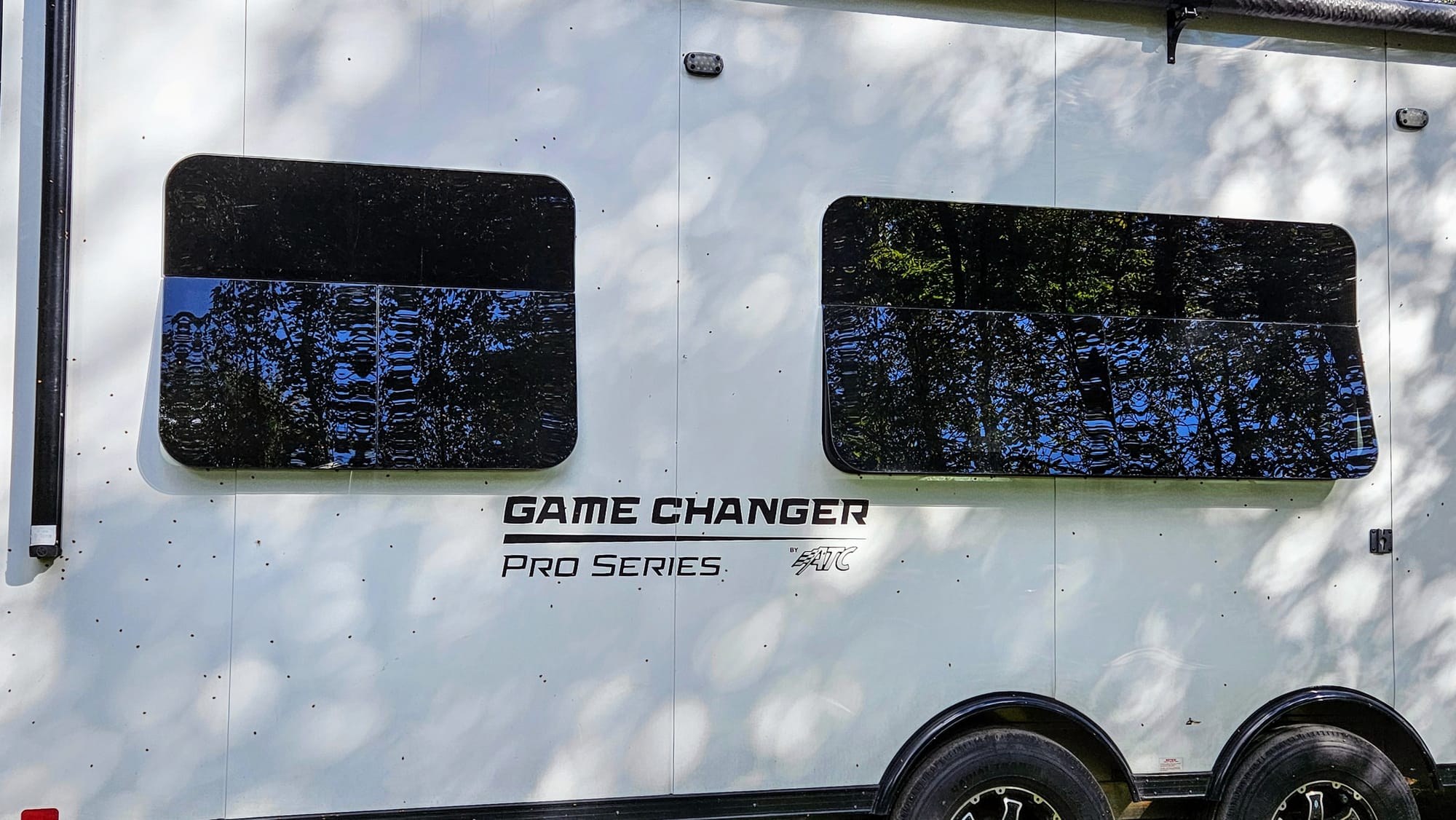The luckiest infestation we've ever had

This post contains Amazon affiliate links. Items purchased through these links may give us a small commission, which we use to support our blog. Any product counts, not just the specific ones we post! We appreciate your using our links to shop on Amazon.
The bottom line is, all of these bugs are a type of ladybug. They're all invasive, only the ladybug that we typically think of came from Europe much longer ago than the Asian beetles. While it's true that Asian beetles are more aggressive and sometimes harm smaller ladybugs, they are not actually harmful in general. In fact, all ladybugs are known to eat aphids, which you will read we had a lot of at this campsite! We just felt like we needed to clear the air here, as many of the RVers were killing these bugs, saying that they're not ladybugs and they are terrible creatures. The situation is a lot more complex than this, and most experts say that even Asian lady beetles don't need to be killed. That said, if our fellow RVers are having days-long infestations with thousands of these bugs, we say do what you need to do. We're thankful that our infestation was short-lived.
Alright, now that we've preempted our post, read on!
In our 3 years of RV travel, we've been lucky. We have never had a true infestation inside our RV. When we first got our trailer, we immediately sealed up any holes and cracks where critters could get through. We place deterrent packs in various places, particularly those that are dark, warm, and moist. It probably also helps that we live in the rig full-time and never need to store it, and we encounter freezing temperatures at least once a year.
We say "true" infestation, meaning that we've never had an invasion of unwanted creatures force us to take measures to eradicate them. However, we've been close. Back in August 2022, we were in a what-would-be idyllic campsite on Lake Ontario, but we weren't camping alone. Thousands of mosquitoes had joined us. Apparently they liked only our area of the campground, because the only sites affected were ours and the vacant site on our pleasure side. They were relentless, too, swarming us whenever we tried to run into and out of our truck, biting us on the arm, and joining us inside the rig whenever we left the door open for more than two seconds. Right behind the mosquitoes were the spiders. While we appreciate their attempts to solve our problem, they stuck around longer than we'd like, building webs on all the edges of our trailer, and between our truck and its side mirrors. We tried to stick it out for our whole stay, but we were miserable. Plus we had other issues to contend with, like bad smells and nearby anthills. One way or another, if we didn't leave, we'd be facing an infestation, either of mosquitoes, spiders, ants, or foul odors. Contrary to a lot of comments we got on our post about this, this is not "what camping is all about!" This was an extreme situation, one we have not faced anywhere else.
But then, we had a bit of a surprise on our final day at Lake Francis State Park in Pittsburg, NH.

